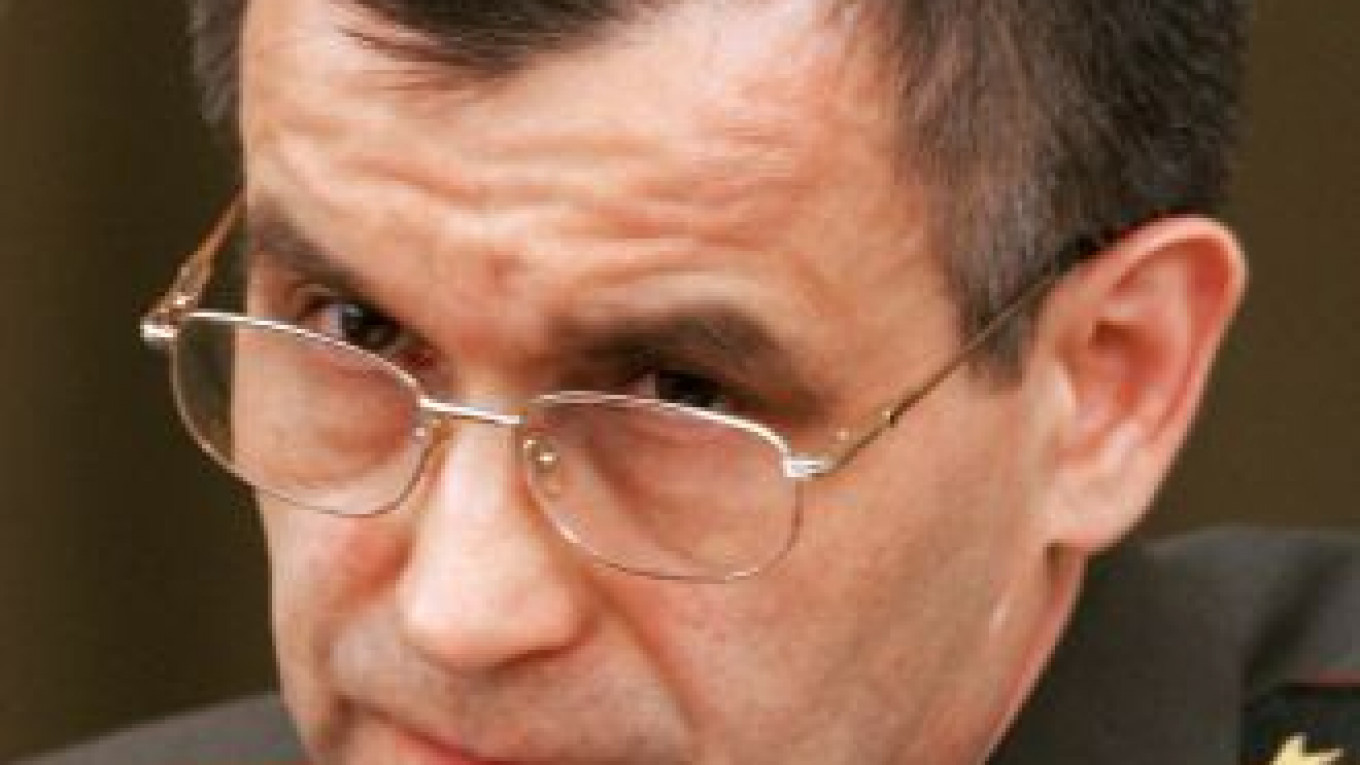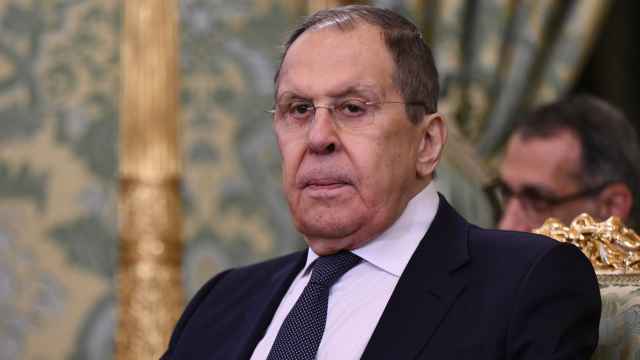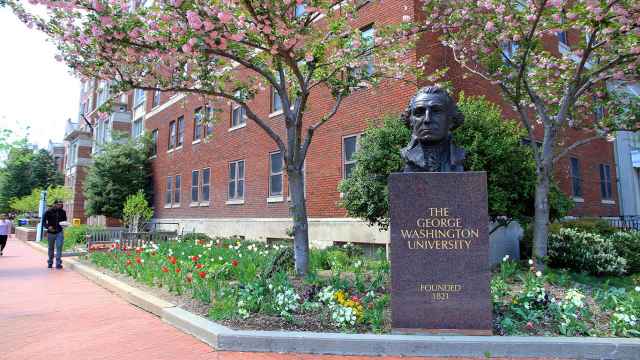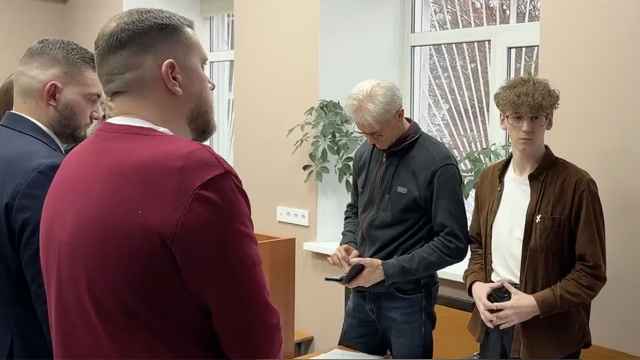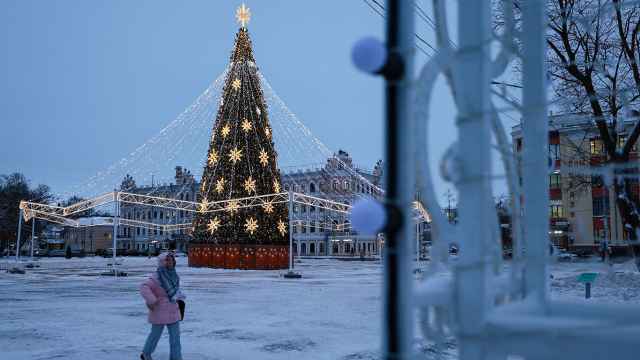President Dmitry Medvedev on Tuesday replaced the chief of the traffic police and the head of the Russian branch of Interpol, ramping up a police reform that started in March by dismissing the most high-profile officials yet.
Career police official Viktor Nilov, 56, was appointed to replace Viktor Kiryanov at the helm of the traffic police, while Alexander Prokupchik, 50, deputy head at the country's Interpol bureau, was promoted to head the agency, the Kremlin on its web site.
The statement did not specify whether Kiryanov and Prokupchik's predecessor, Viktor Lakhonin, were offered new state jobs.
Nilov has served in the traffic police since the late 1970s. He worked in St. Petersburg — where both Prime Minister Vladimir Putin and Medvedev began their political careers — before moving to the agency's central office in Moscow in the mid-2000s. He had served as deputy chief of the national traffic police since 2008.
The appointment spells no changes for the notoriously corrupt traffic police, said motorist rights champion Leonid Olshansky. "Nothing will change. He was a member of the old team," Olshansky on Rusnovosti.ru radio.
The reshuffle follows sackings on Saturday that saw Medvedev dismiss two close allies of Putin. One of them, head of the Interior Ministry's Investigative Committee, Alexei Anichkin, was a classmate of Putin at a Leningrad law school, while the other, police General Yevgeny Shkolov, served alongside Putin in the KGB in East Germany in the 1980s.
Anichkin was replaced by police General Valery Kozhokar, and Shkolov by Bashkortostan police chief Igor Alyoshin, both members of Medvedev's inner circle, Vedomosti Tuesday, citing anonymous sources in the Interior Ministry.
Medvedev also appointed First Deputy Interior Minister Mikhail Sukhodolsky to head the St. Petersburg police, a shuffle seen by analysts as a demotion for the long-serving official who is also a protege of Putin.
With the shakeup, most of the eight deputies of Interior Minister Rashid Nurgaliyev — himself a Putin appointee — are Medvedev nominees, fueling speculation that Nurgaliyev might be on his way out.
"It looks like Minister Nurgaliyev is being encircled," said Alexei Mukhin, an analyst with the Center for Political Information.
By filling Nurgaliyev's office with his appointees, Medvedev also signals that he is "not satisfied with the way police reforms are being implemented," Mukhin said.
In ambiguous remarks about the shuffle, Nurgaliyev said Tuesday that the ministry would change senior police officials every five years in line with the Medvedev-backed police reform.
"Rotation is an effective mechanism for combating corruption," Nurgaliyev said, Itar-Tass .
But the minister, who was appointed in 2004, added that the rotation does not necessarily imply dismissal, and regional police chiefs could be simply moved to other regions.
Medvedev dismissed the heads of the Ingush and Chechen police forces Monday.
A Message from The Moscow Times:
Dear readers,
We are facing unprecedented challenges. Russia's Prosecutor General's Office has designated The Moscow Times as an "undesirable" organization, criminalizing our work and putting our staff at risk of prosecution. This follows our earlier unjust labeling as a "foreign agent."
These actions are direct attempts to silence independent journalism in Russia. The authorities claim our work "discredits the decisions of the Russian leadership." We see things differently: we strive to provide accurate, unbiased reporting on Russia.
We, the journalists of The Moscow Times, refuse to be silenced. But to continue our work, we need your help.
Your support, no matter how small, makes a world of difference. If you can, please support us monthly starting from just $2. It's quick to set up, and every contribution makes a significant impact.
By supporting The Moscow Times, you're defending open, independent journalism in the face of repression. Thank you for standing with us.
Remind me later.


